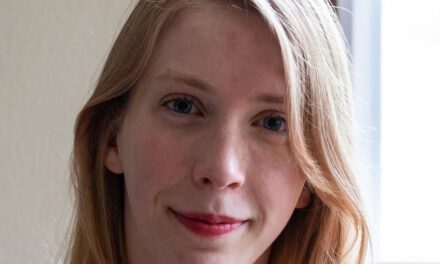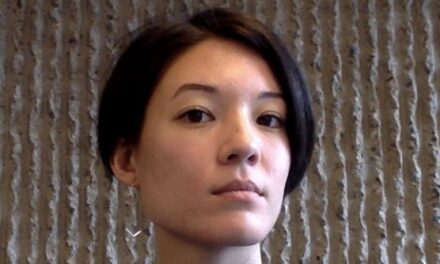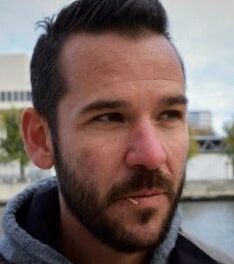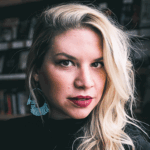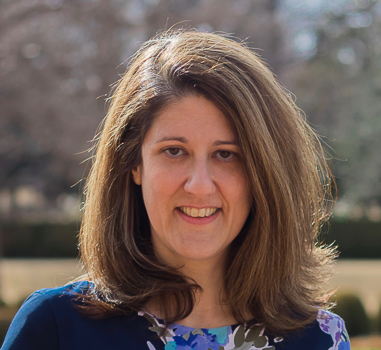
Assistant Editor Jess Jelsma Masterton: For me, much of the pleasure of the lyric essay comes from what Sven Birkerts dubs “counterpointed perspectives” in his craft book The Art of Time in Memoir: Then, Again. Meaning is established not through explanatory exposition or passages of retrospection, but through white space and juxtaposition. The reader must intuit how each piece relates to one another, putting together the puzzle as she goes. In Gretchen VanWormer’s “Pectin,” this juxtaposition works on the level of the sentence. The reader weaves together the disparate images of the Ian Hamilton Finlay’s Arcadia, the oranges, and the recipe for a reduction of daughter to form a complex narrative of trauma and loss.
Pectin
The tank inside Ian Hamilton Finlay’s Arcadia and me inside my father’s fatigues and the pectin inside the white pith of orange rinds. How sugary I was at twelve to dress up as my father, a ghost before he was a ghost, for Halloween. The honey in daughter. The swarm in death. Finlay’s Arcadia is foliated with pectin. Fronds unfurl along the tank’s armor, try to camouflage this violence with fresh pellicles of green. When I was a child, my father peeled an orange for breakfast each day, shoved the fleshy rinds down the disposal with his fingertips. A recipe for ruin. Homemade pectin should have the clean flavor of fallen fruit. Chop two pounds of orange pits and thick rinds. Add water and lemon juice, boil. Steam will waft from the pan like smoke through a citrus grove. My father’s suicide was in Florida, during orange season. I was twenty-six by then. A Vermonter. I hadn’t seen my father inside of five years. I didn’t like Florida, and I was afraid of what he might do, his depression overgrown. The gator inside Disney and the child inside the gator. Let the juice drain through a jelly bag overnight, then boil again until reduced by half. Stir to achieve the texture of powder, of ashes. The reduction of daughter. Finlay’s Arcadia calls to me as a guide through mourning: If sunlight is a grove of cremains, wrap your body in a poultice of leaves. During World War II, the military used pectin to thicken ink printed on escape routes. Sometimes I peel an orange to smell the sweetness inside my father’s death. The pleasure inside of never. The pectin of coagulating blood.
Gretchen VanWormer grew up in Burlington, Vermont. She is the author of a chapbook of essays, How I See The Humans (CutBank, 2015), and her essays have appeared in Brevity, The Journal, Fourth River, and elsewhere. She lives and teaches in Stillwater, Oklahoma.
For more miCRo pieces, CLICK HERE


